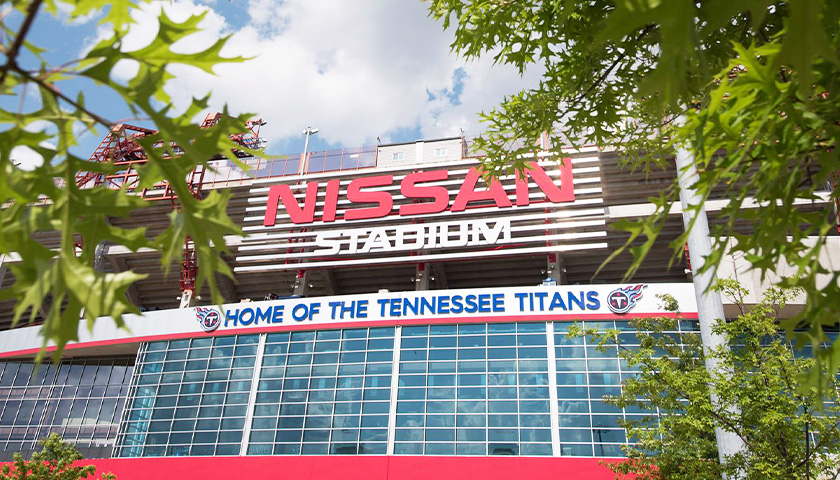by Jon Styf
Thursday’s Nashville East Bank Committee Meeting was scheduled to be about the city’s capital improvement obligations at Nissan Stadium.
But a portion of the meeting was ultimately a preview of a central point of the Metro City Council’s ultimate debate on approving nearly $2 billion in bonds that will be paid for with an estimated $1.5 billion in public funds for a new estimated $2.2 billion stadium.
“One thing I do want to just insert back into the conversation is that Metro’s liability, as I understand it today, is sales taxes and hotel taxes per se, and so it’s not that Metro taxpayers themselves are being asked to pay for all of that,” said Council member Brett Withers, who represents the area that includes the stadium. “I just wanted to clarify what our obligation for the city is the sales tax and hotel tax.”
But committee chair and at-large council member Bob Mendes quickly objected to that characterization of the planned funding for a new stadium, saying the committee members had reached an agreement to use the committee as an information-gathering resource for the council and not a place to advocate for or against a deal.
“Three-quarters of $1 million of G.O. (general obligation) bonds in the CIB and 130 acres where half our sales tax will go and some of that sales tax is going to be moving out of one capture down on this side of the river to another capture on the other side of the river,” Mendes said. “So the notion suggested in your comment that it’s essentially free to taxpayers is not really accurate.”
Mendes was referencing the explanation given by economists that sales and dollars spent at a new stadium in district would not be new spending in Nashville but instead would be spending transferred from other areas of the city, where those sales taxes are currently collected and are part of the city’s budget.
The bonds are expected to be paid for by Nashville’s portion of taxes for sales at the stadium and half of the taxes from sales on 130 acres planned to be developed outside the stadium. Tennessee has conceded a 5.5% sales tax at the stadium and 2.75% sales talks in the future development outside the stadium while also approving a 1 percentage point increase in a hotel-motel tax in Davidson County.
Discussion also centered on how long a new stadium would be expected to be usable after the current Nissan Stadium, which opened in 1999, has been open just 23 years.
“The original MOU (memorandum of understanding) on the current stadium called it a 50-year stadium,” Mendes said. “So I think we’re going to have to kick the tires extra hard. Just calling it a 50-year stadium doesn’t make it so. At least last time it didn’t.”
Council member Kevin Rhoten agreed, stating that a new stadium better have a longer lifespan.
“If I’m going to pay $2 billion for something and put a roof on it, I expect it to last 50 years,” Rhoten said. “If it’s a house or any building downtown, you expect it to last 50 years.”
Metro Nashville Sports Authority Executive Director Monica Fawknotson spoke to the committee, saying that an agreement with Venue Solutions Group on a Nissan Stadium city obligations study expected to cost at least $250,000 has not been finalized but is close.
In late July, Metro Law Deputy Director Tom Cross said that it would take VSG an estimated 14 weeks to complete its work once a contract was finalized.
The study is aimed at providing the city with an independent opinion after Titans CEO Burke Nihill estimated the city’s repair obligations for Nissan Stadium under its current lease would be $1.839 billion.
– – –
Jon Styf is an award-winning editor and reporter with The Center Square who has worked in Illinois, Texas, Wisconsin, Florida and Michigan in local newsrooms over the past 20 years, working for Shaw Media, Hearst and several other companies.
Photo “Nissan Stadium” by Nissan Stadium.








